 Professor
Professor
Department of English
I am a Professor of English, Linguistics, and Rhetoric at UNC Charlotte. Over a long career, I have written about Cognitive Linguistics and Functional Linguistics. I have applied Cognitive Linguistics to the study of literature and both Cognitive and Functional Linguistics to writing instruction. In recent years, I have applied genre theory, a branch of Functional Linguistics, to medical communication.
For more information: Faculty Connections > Dr. Ronald F. Lunsford
 Assistant Professor
Assistant Professor Assistant Professor
Assistant Professor Assistant Professor
Assistant Professor Associate Professor
Associate Professor
 Associate Professor
Associate Professor Assistant Professor
Assistant Professor Associate Professor
Associate Professor
 Associate Professor
Associate Professor Assistant Professor
Assistant Professor Associate Professor
Associate Professor Professor
Professor Assistant Professor
Assistant Professor Professor
Professor Associate Professor
Associate Professor Professor
Professor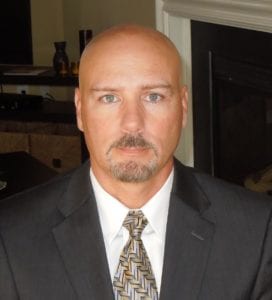 Professor
Professor Associate Professor
Associate Professor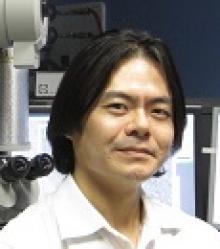 Assistant Professor
Assistant Professor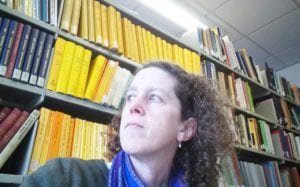 Associate Professor
Associate Professor Assistant Professor
Assistant Professor Professor
Professor Professor
Professor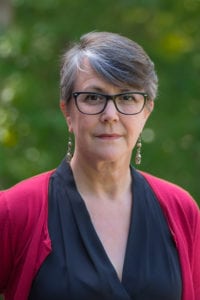 Distinguished Professor of Health Ethics
Distinguished Professor of Health Ethics Professor
Professor Assistant Professor
Assistant Professor Research Affiliate Faculty
Research Affiliate Faculty Professor
Professor Assistant Professor
Assistant Professor Professor
Professor Assistant Professor
Assistant Professor Assistant Professor Department of Mathematics and Statistics
Assistant Professor Department of Mathematics and Statistics I received my PhD from the department of Statistics, University of Missouri-Columbia in May 2013 (Advisor: Dr. Jianguo Tony Sun). [read more=’Read more’ less=’Read less’] I have a broad background in statistics, with specific training and research expertise in panel count data analysis, recurrent event data analysis, survival analysis in event-history studies.
I received my PhD from the department of Statistics, University of Missouri-Columbia in May 2013 (Advisor: Dr. Jianguo Tony Sun). [read more=’Read more’ less=’Read less’] I have a broad background in statistics, with specific training and research expertise in panel count data analysis, recurrent event data analysis, survival analysis in event-history studies.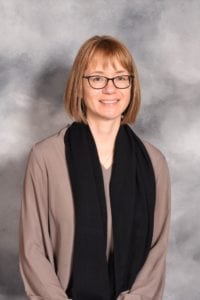 Assistant Professor
Assistant Professor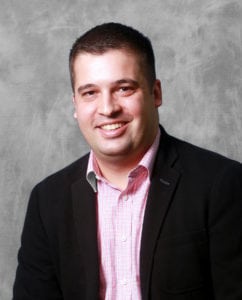 Department of Languages and Culture Studies
Department of Languages and Culture Studies Assistant Professor
Assistant Professor
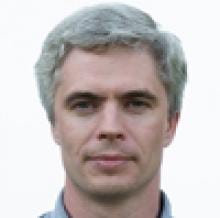 Department of Physics and Optical Science
Department of Physics and Optical Science Associate Professor
Associate Professor Associate Professor
Associate Professor Associate Professor
Associate Professor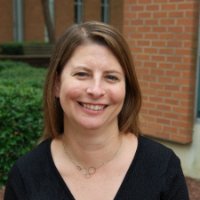
 Assistant Professor
Assistant Professor Associate Professor
Associate Professor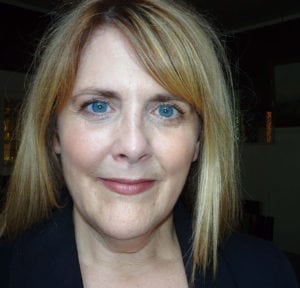 Associate Professor
Associate Professor Professor
Professor Professor
Professor Assistant Professor
Assistant Professor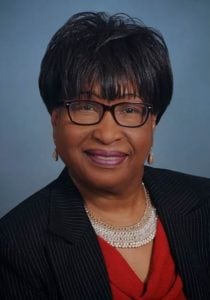 Associate Professor
Associate Professor Professor
Professor Assistant Professor
Assistant Professor Professor
Professor Associate Professor
Associate Professor Professor
Professor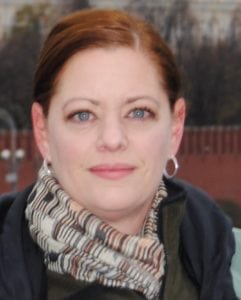 Professor and Chair
Professor and Chair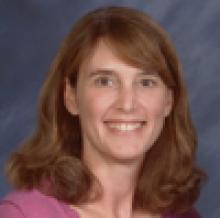 Associate Professor
Associate Professor Assistant Professor
Assistant Professor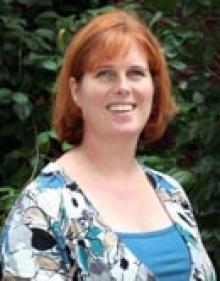 Associate Dean
Associate Dean Associate Professor
Associate Professor